Community Development
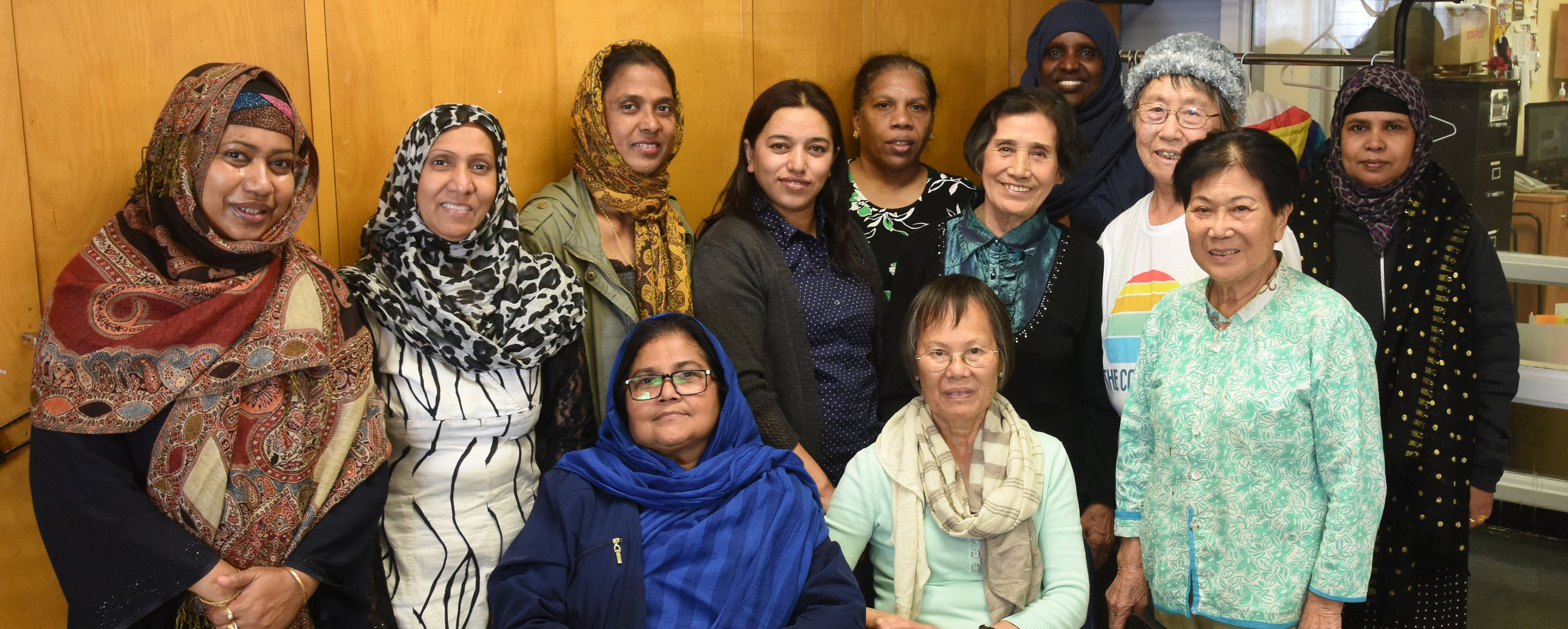
Coping With COVID
"Yes I can!"
Ruma overcame pandemic-strengthened barriers through the Coping with COVID project
Life during COVID-19 has been a struggle. For newcomer women living under the poverty line in the Taylor-Massey-Oakridge neighbourhood, the pandemic exacerbated the daunting socio-economic barriers they already faced. Thanks to funding from the United Way, that struggle was lessened: Together, we learned about Coping with COVID.
Focusing on issues magnified by the pandemic, staff in the Coping with COVID project offered additional support, workshops, celebrations, advocacy, and referrals to counter language barriers and social services that functioned with severely reduced hours.
We also published stories of happiness, struggle, and loss from some of these amazing women in Coping With COVID: Stories of Resilience During COVID-19. Here’s an excerpt from Ruma:
“I came to Canada in 2019 to get treatment for my son Partha who suffers from epilepsy. COVID started soon after. I felt so isolated with only me and my son, and no where to go or other people to talk to.
"I saw The Neighbourhood Group's Coping with COVID flyer and joined right away. I eagerly wait for the sessions where we talk and learn so many things. The conversation circle helps me speak with confidence and I’ve learned how to eat healthy for diabetes. We do yoga and anxiety management to reduce stress, and I now know where to go for a COVID test or vaccination, and how to get financial support during COVID.
"The program has also helped Partha. He’s met friends and is even volunteering here. He’s showing his courage and confidence. He’s turned, ‘How can I?’ into ‘Yes I can!’”
2000+ interactions helped newcomer women access food security, isolation, education, primary and mental healthcare
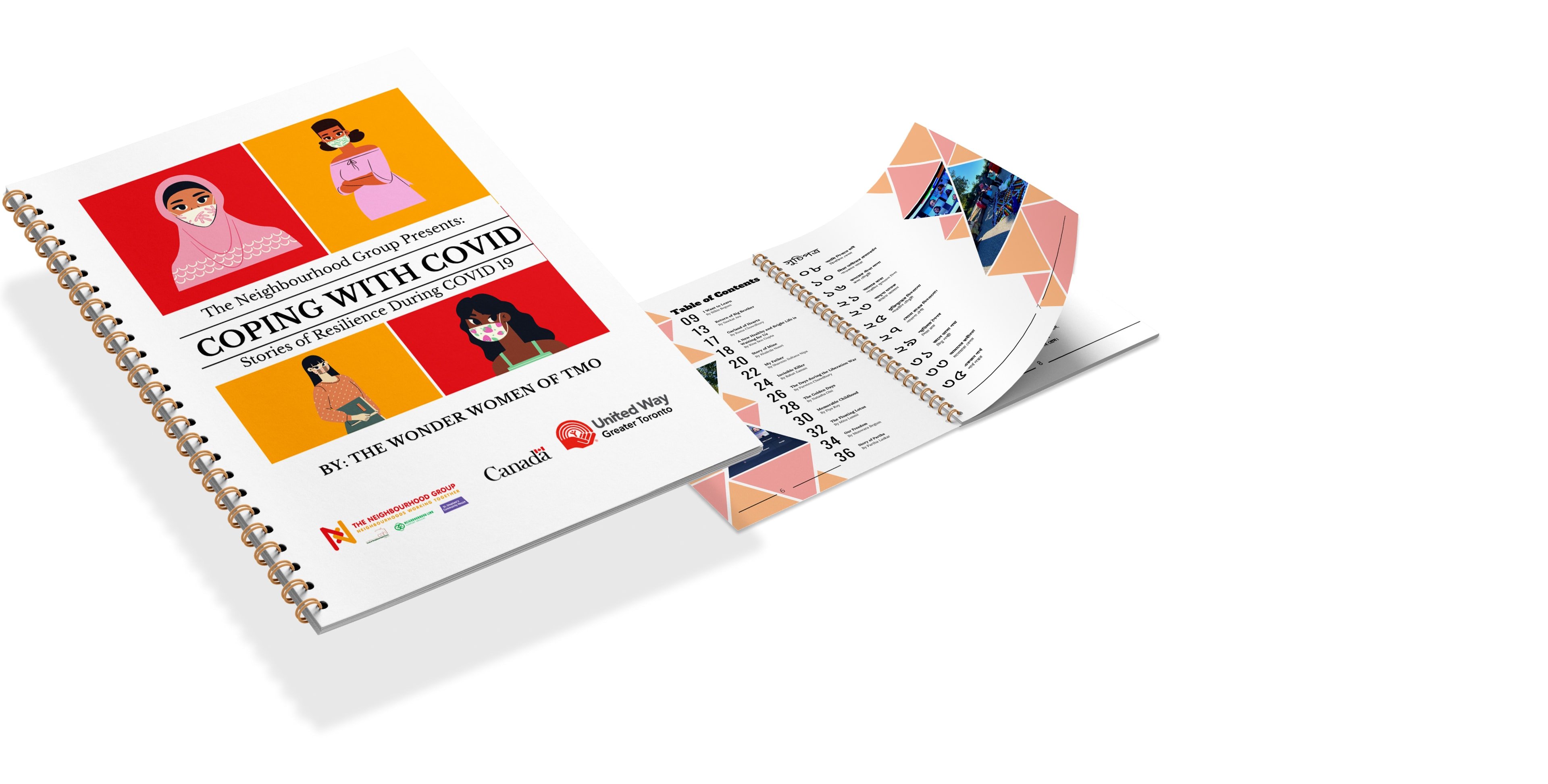
Microgrants
Small but powerful
Microgrants help grassroots charitable organizations fulfill their mandates during COVID-19
For many small, grassroots charitable organizations, fulfilling their mandates with limited funding and administrative expertise is challenging. COVID-19 has turned those challenges into serious threats. Microgrants are an innovative way to sustain these essential organizations.
Funded by the City of Toronto, the Microgrants project was developed to address gaps in emergency services and funding inequities for organizations that improve the lives of vulnerable people in our community. Microgrant recipients addressed the critical nutrition, hygiene, mental health and COVID-19 safety issues facing the people they serve.
The Neighbourhood Group was proud to act as mentor and administrator for the following organizations:
- Black Women in Motion
- Building Roots
- Equitable Action For Change
- Haven Toronto
- Healing As One
- S.E.A.S Centre
- Spadina/Fort York “Community Care”
- St. Luke’s United Church / Cabbagetown B.I.A. “Allen Gardens Celebrates”
- Youth Gravity

Recipient Spotlight: Equitable Action For Change
To reduce the extremely high COVID-19 infection rate among people who use substances, Equitable Action For Change provided hygiene and protective supplies to people in this group who identify as Black and 2SLGBTQ+. The impressive package of supplies included:
- 1000+ face masks and shields
- 10,000+ condoms
- Feminine hygiene products
- Wipes, gloves and hand sanitizer
- Toothpaste, toothbrushes and mouthwash
- Harm Reduction Care bags
Grassroots organizations received funding and administrative support to help them improve the lives of 1600+ marginalized people in our community
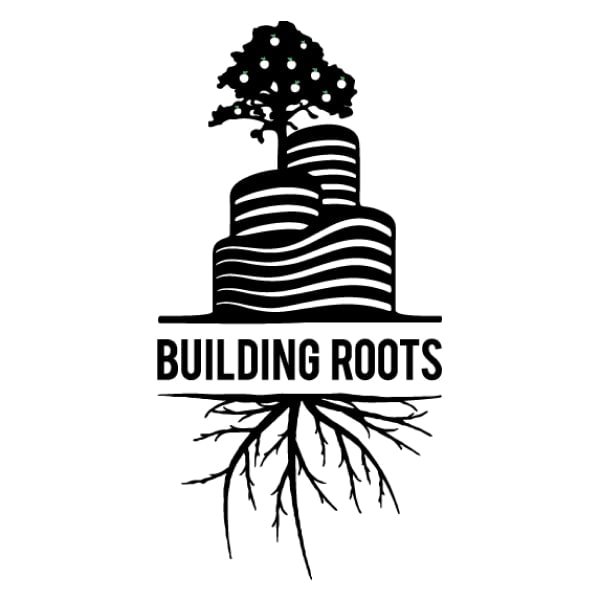
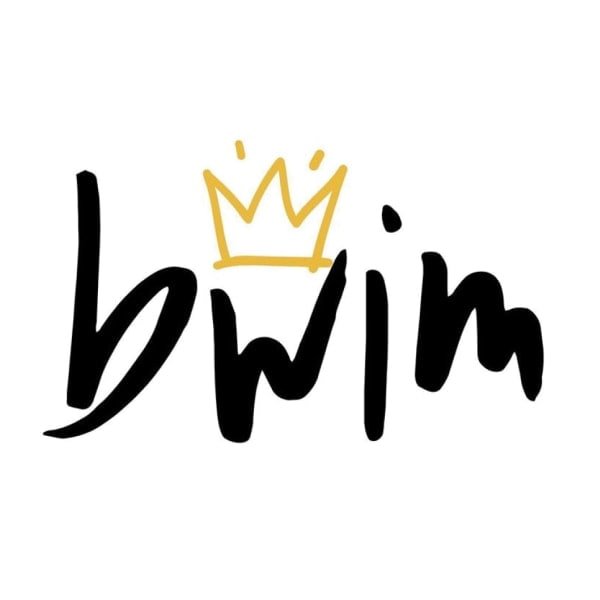
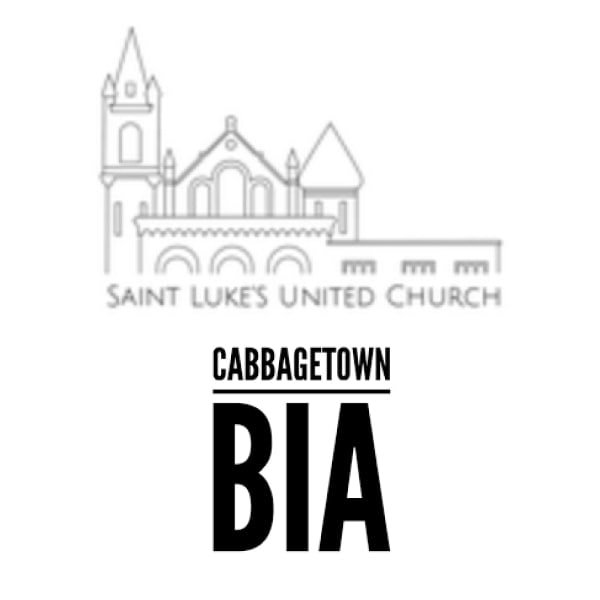
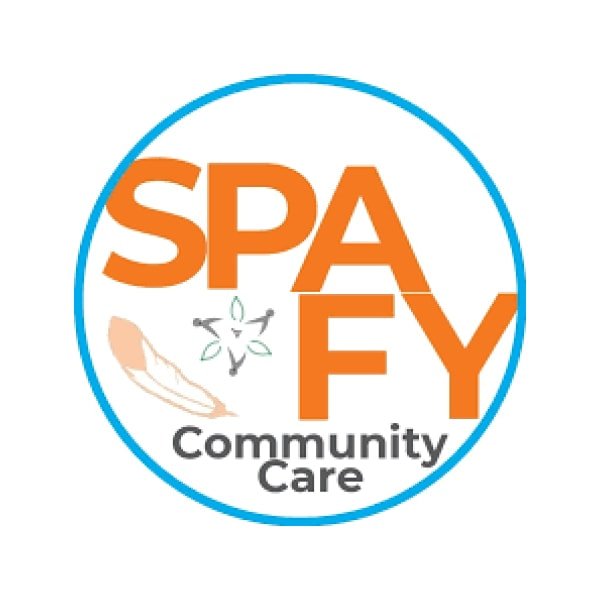
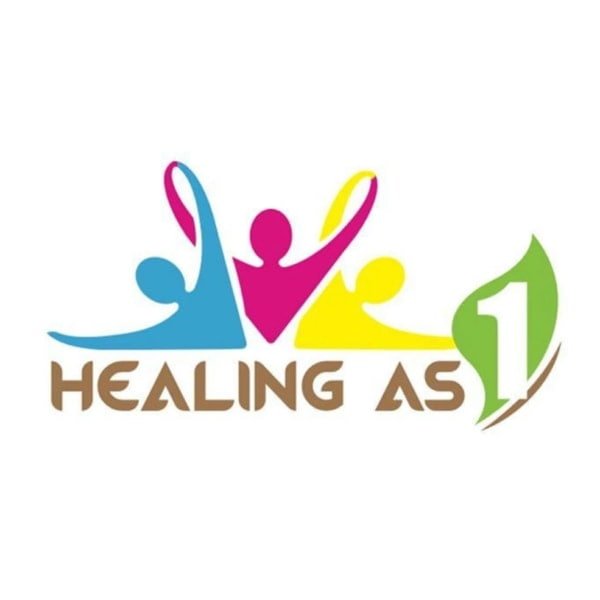
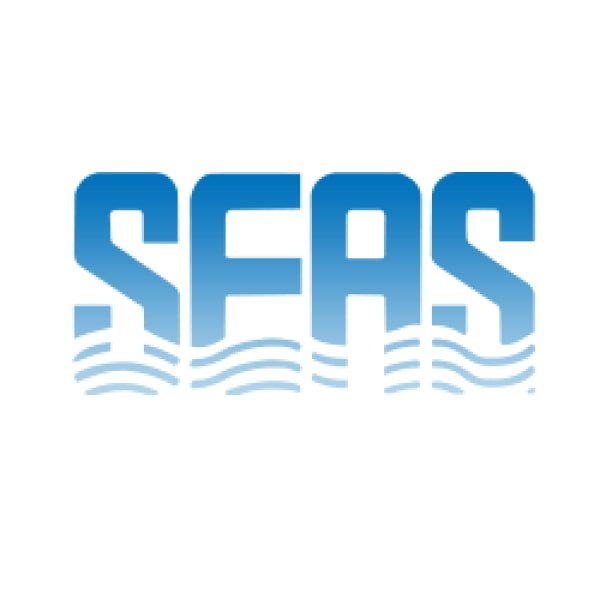
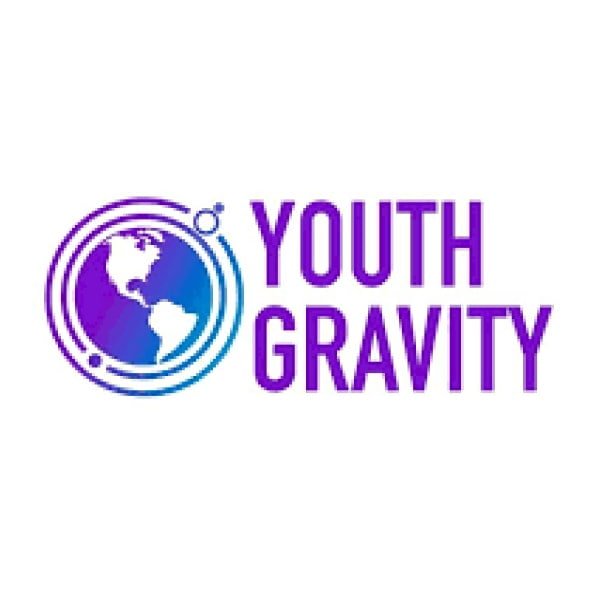
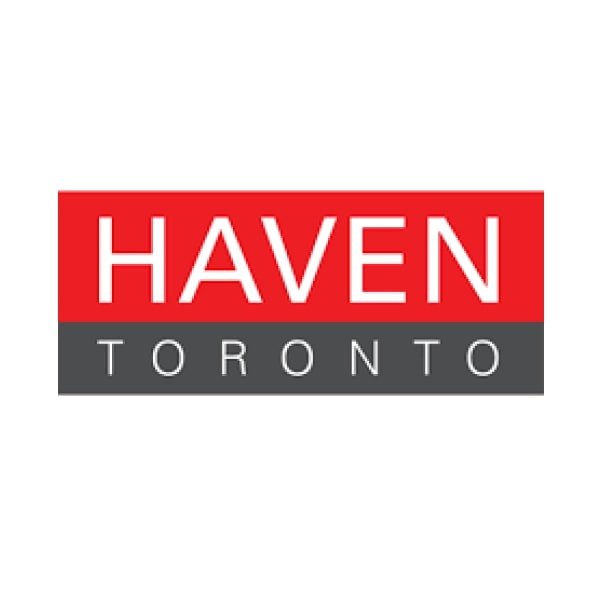
Women’s Program
My New Mother
Safia Hirsi, Women’s Program Coordinator, shares a story of how the Program helps people by first building trust
“Darya moved to Canada with her son eight years ago. Recently, they weren’t able to manage the rent and an eviction notice followed. She contacted me for help, and fortunately her ODSP worker was able to arrange payments directly to Toronto Community Housing, allowing her to stay in her home. That was the start of our close relationship. And from then, she started calling me her daughter.
“During the pandemic, I’ve been able to help Darya with her medications, and arranging for food delivery during Ramadan. Recently, I found out she was in the hospital after a fall. Darya was scared, alone, was struggling with language barriers with the nursing staff, and had not eaten as she had not been given Halal food.
“When Humisha, one of the participants in the Women’s Program, heard that Darya had not eaten, she worked tirelessly to deliver tea and Halal snacks to her, despite an initial refusal to allow it. Humisha told me she learned in our Program to advocate for herself and for others. And it worked. The nurse also shared that Darya wasn’t taking the hospital medications because she wanted to take the ones she was used to. I explained the hospital policy to Darya and reassured her that the medicine was safe, and thankfully, she started taking it.
“I also arranged with the nurses for Darya to be given Halal food and for her social worker and doctor to ensure she has the proper support when she returns home. That includes having a Personal Support Worker, safety features to be included in her home and access to transportation throughout her recovery.
“Darya now knows she is not alone. She knows someone will be there to answer when she calls and will support her through the difficult moments of her life.”
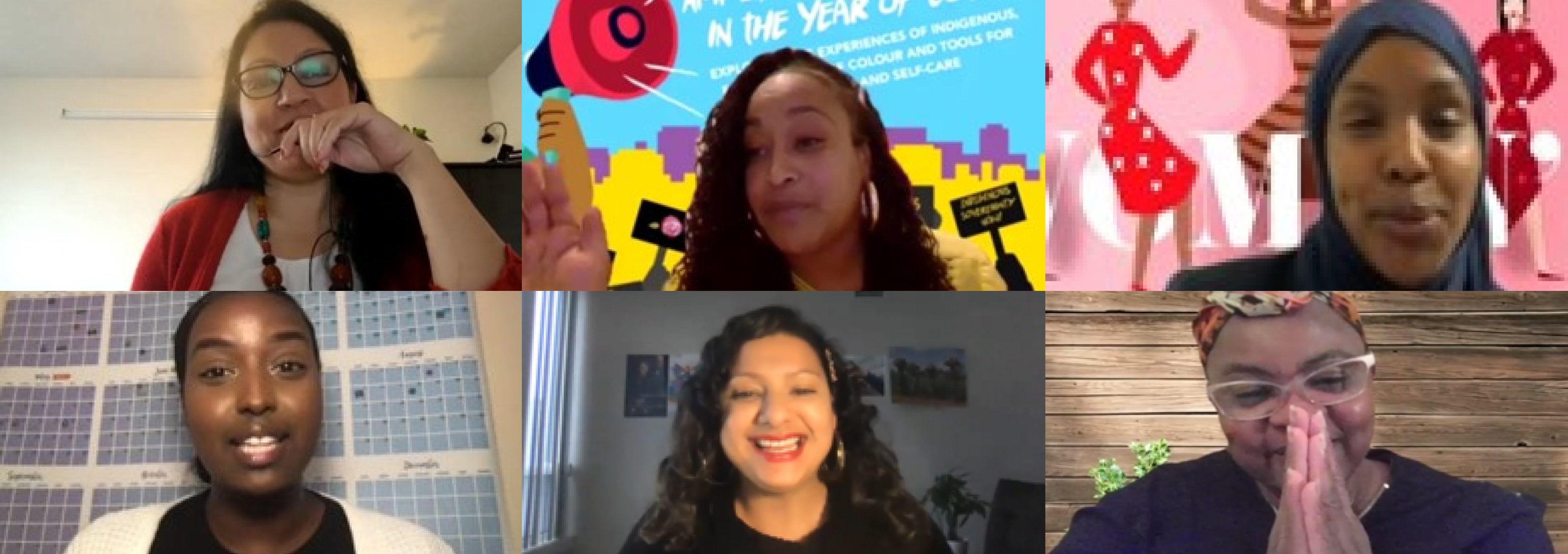
336 women from Bengali, Tamil, Mandarin, Swahili and Somali communities gain support and a network to help them with immigration, family, school system and referrals.